Solar Panels
What is a Solar Panel?
Solar Panels are key components of your system as they are responsible for converting sunlight into electricity, which can then be used in your home or business. They do this by generating Direct Current (DC) electricity, as a result of absorbing sunlight via Photovoltaic cells within the panel structure, and then this DC electricity is sent to the Inverter to convert it to Alternating Current (AC) electricity which is the power that is used each day in a home or business.
Solar panels can be either polycrystalline or monocrystalline, however, both are acceptable for Western Australian installations.
Other features that are important to consider include;-
- High efficiency
- Higher performance in low light conditions
- Severe weather resilience
- Resistance to extreme environmental conditions (especially for oceanside installations)
- Aesthetic appearance
- Long life (good brands should last 25+ years)
How many solar panels should I get?
The number of solar panels you purchase depends upon the following;-
- Your budget
- Your energy requirements
- The number of panels can be installed on your roof
For most homes with a standard family (2 adults and 2 children), you should consider the installation of a 5kW inverter with approximately 6.5kW in panel output.
Never under-configure your system. Adding more panels to your initial installation is relatively inexpensive, however, adding them at a later date can be expensive.
Key Considerations When Choosing Solar Panels
Key considerations when selecting solar panels include whether the manufacturer has representation in Australia, are they Ranked Tier 1 or 2, what is their comparative performance for Panel Efficiency and Temperature coefficient and what are their Warranties.
Solar Panels We Support & Install
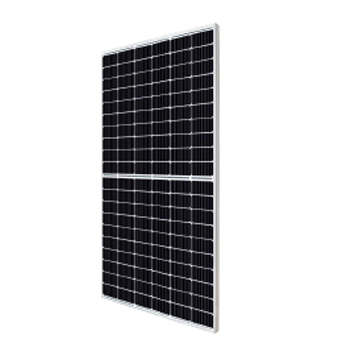
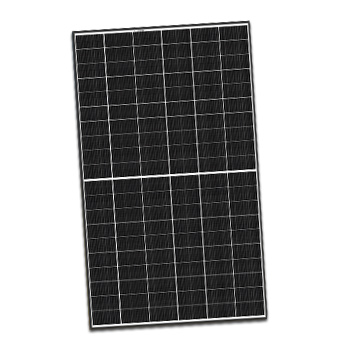
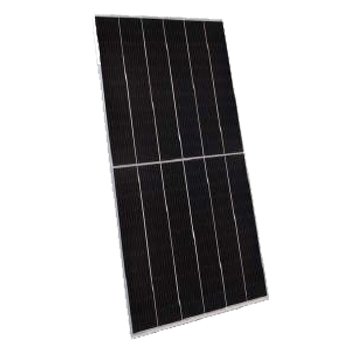
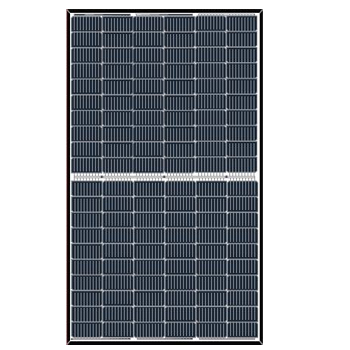
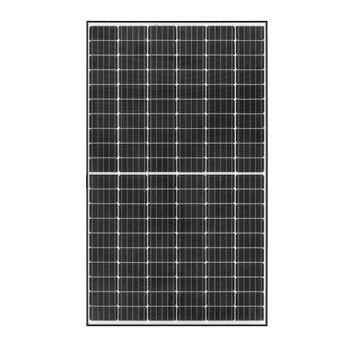
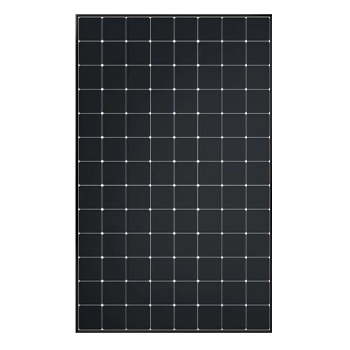
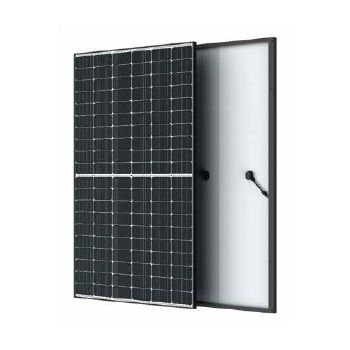

Where to Locate Your Solar Panels
Power production from east facing panels will peak in the morning whilst power production from west facing panels will peak in the afternoon.
North facing panels (commonly the best position for power production) will peak around midday.
Even if your roof alignment or external issues such as shade rule out a north facing installation you can still get an excellent ROI from east / west solar cell installations especially if your Solar Power Inverter supports dual MPPT ports which allow for 2 runs of chained solar power panels which make the most out of the efficiency of your solar panels at different times of the day.
Solar Panel Installation Angles
A perfect angle to install solar panels is within a few degrees of the latitude of your location.
So Perth is approx 31 degrees south therefore anywhere between 27 and 35 degrees would fit the criteria.
In reality, your roof likely does not follow the above so, whilst you may lose a small amount of capacity from a less than ideal angle of installation, the right angle of installation is your existing roofline.
